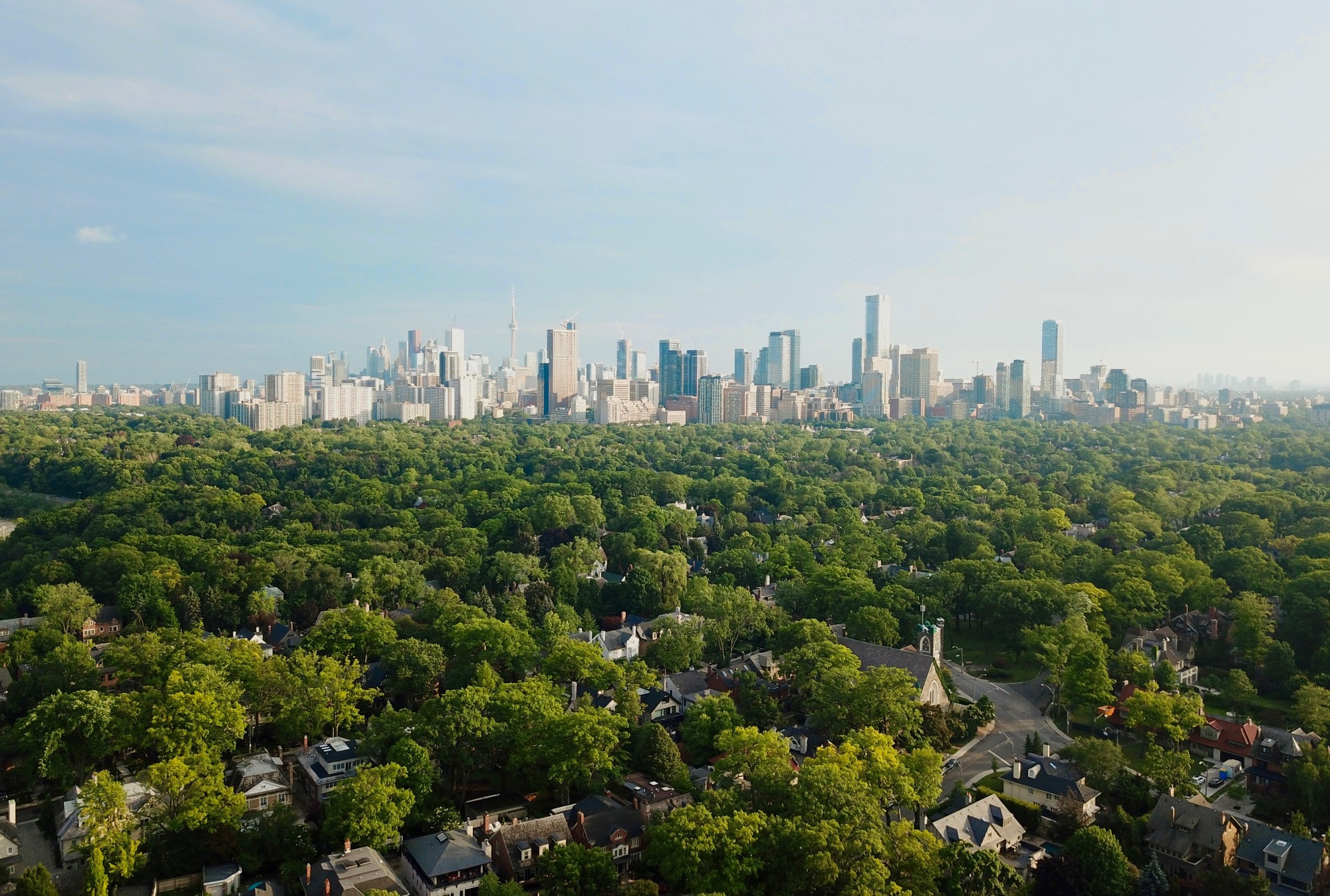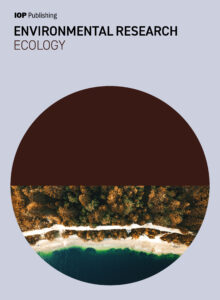ERE特刊精选|基于自然的城市生物多样性和人类福祉解决方案

特刊详情
客座编辑
- Carly D Ziter,加拿大康考迪亚大学
- Rachel Buxton,加拿大卡尔顿大学
主题范围
The focus collection evaluates improved health outcomes from the application off nature-based Solutions (NbS) in an urban context. NbS are integrative solutions to tackle problems at the biodiversity–climate–society nexus. Despite increasing interest in NbS and investment in urban NbS there is still a limited understanding of how to successfully implement NbS in cities to balance co-benefits, and how to assess the outcomes of these interventions for communities. This is due in part to limited understanding of the relationships between urban green spaces, biodiversity, and ecosystem services at appropriate spatial and temporal scales. Moreover, evidence of outcomes remains lacking, as there is limited evaluation of nature-based solutions post-implementation. Further, in an urban context where the distribution of and access to urban nature is often shaped by historical and ongoing systemic inequalities, nature-based solutions must be evaluated through an environmental and social justice lens if they are to truly address societal challenges as intended.
Contributions to this focus collection are representative of the breadth of disciplines across the biodiversity-climate-health nexus, from ecology to public health. Importantly, these papers view urban NbS as social-ecological systems, with reciprocal relationships between healthy people and nature. In particular, this focus issue emphasizes a key aspect that is fundamental to the holistic success of NbS programs: prioritization of equity, social justice, anti-racism, and decolonization. Given the increasing interest and investment in urban NbS, ensuring successful outcomes of these interventions across the biodiversity–climate–society nexus is critical. This collection of papers interrogated the process and initial outcomes of several urban NbS projects across scales and geographies.
特刊文章
Carly D Ziter and Rachel T Buxton 2025 Environ. Res.: Ecology 4 020201
Perspective
Connecting people with place-specific nature in cities reduces unintentional harm
Margaret C Stanley and Josie A Galbraith 2024 Environ. Res.: Ecology 3 023001
Letter
Community-engaged flood mitigation and ecological restoration on a university campus
Brendon Samuels et al 2024 Environ. Res.: Ecology 3 031001
Paper
Nature based solutions in cities of the global South—The ‘where, who and how’ of implementation
Arvind Lakshmisha et al 2024 Environ. Res.: Ecology 3 025005
Social and environmental outcomes of urban street tree bed stewardship
Kelly Baldwin Heid et al 2024 Environ. Res.: Ecology 3 035005
Race in nature stewardship: an autoethnography of two racialised volunteers in urban ecology
Jacqueline L Scott and Ambika Tenneti 2024 Environ. Res.: Ecology 3 035006
期刊介绍

- Environmental Research: Ecology(ERE)是一本多学科、金色开放获取的期刊,致力于以关于全球变化、弹性、减轻和适应影响的兼具科学进展和评估的方式,解决在环境科学、大尺度生态学、生物多样性和保护的交界领域的重要全球挑战。本刊为促进环境科学家、生态学家、资源管理者和政策制定者的对话提供了论坛。本刊鼓励所有的研究方法,包括定量、定性、实验、理论和应用方法。
